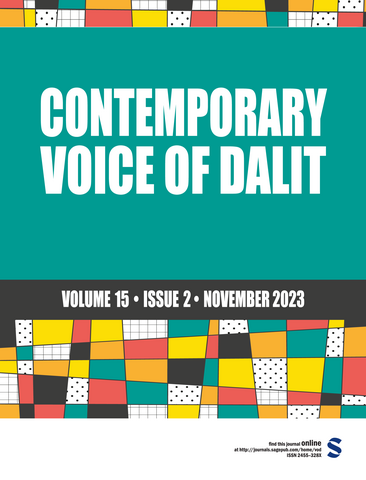The article grapples with the tacit interplay of poverty, caste, and gender and its effects on the education of children in a village. It explores how pandemic-induced school closure impacted the life chances of marginalised children during and after the pandemic in the ‘deprived geography’ of rural Madhya Pradesh. The article offers accounts of rural SC/ST children, which subverts the narratives of affordability, flexibility, and ‘freedom’ online education presented during the pandemic-induced school closure for middle and upper-caste/class city dwellers. The experiences of Dalit and Adivasi children reflect on the disruptions brought in their lives and educational pathways due to pandemic-induced school closure since 2020.
The article’s findings suggest that social and educational inequalities are exacerbated due to the pandemic. For SC/ST children, humiliation and stigma are part of daily school life. There is no change in the hidden curriculum which tends to reinforce caste-based hierarchy in pedagogy and the social activity of eating mid-day meals. Children’s welfare is compromised in several ways. Boys and girls have to prioritize the family’s demands. They suffer in multiple ways besides learning loss and socio-emotional stress. Girls are pushed into early marriages while boys are in exploitative labour, which is a clear violation of constitutional laws.

